You can doubt, or you can plunge
The Sunday after Easter recounts the event that took place in the Upper Room one week after Jesus’ resurrection. Pope John Paul II also designated this Sunday as Divine Mercy Sunday.
Divine Mercy is a good fit for the gospel of doubting Thomas.
John’s gospel was written at least 50 or 60 years after Jesus died and then appeared to his disciples as Risen Lord. We, like John’s community, and like Thomas, were not present in the Upper Room to experience for ourselves the reality of the resurrection. Did it make sense for that early community, and does it make sense for us now, to believe without seeing and touching the Lord? How are we to comprehend the incomprehensible? Can one believe without reason, simply plunge into the unknown and hope for the best?
There are reasons to believe, reasons to trust: first, the credibility of those who actually saw Jesus at that time; second, the witness of the many generations thereafter and to this day, who indeed have not seen the Risen Lord but have, in faith, experienced his nearness, his spirit, his love.
Because we are human, we have doubts in our faith. Faith asks us to go beyond our senses and intellectual prowess and plunge into mystery, into a deeper reality that our minds can never come to on their own. This is a difficult step for all of us. So, it is normal for us to doubt. And Jesus, in his mercy, sees us for whom we are, human beings with doubts, but also people who are in constant search of him.
John’s gospel proclaims the good news that we who were not present to see and to touch the Lord can believe in truth that Jesus is the Son of God, and have life in him. We hear the good news from those who have experienced the Lord. Now we pray that we might be among the blessed who are able to experience the peace and joy of his resurrected presence. And in that experience it may be given to us to say from our hearts: “My Lord and God.”
We need faith. We need forgiveness for the times that our humanity has led us to doubts. We need to trust in the Divine Mercy of the Lord. We need spiritual strength to withstand those who attack us for our beliefs, strength to overcompensate our own doubts, and a strength that refuses to let the suffering of our lives destroy our faith. We need a Savior.

